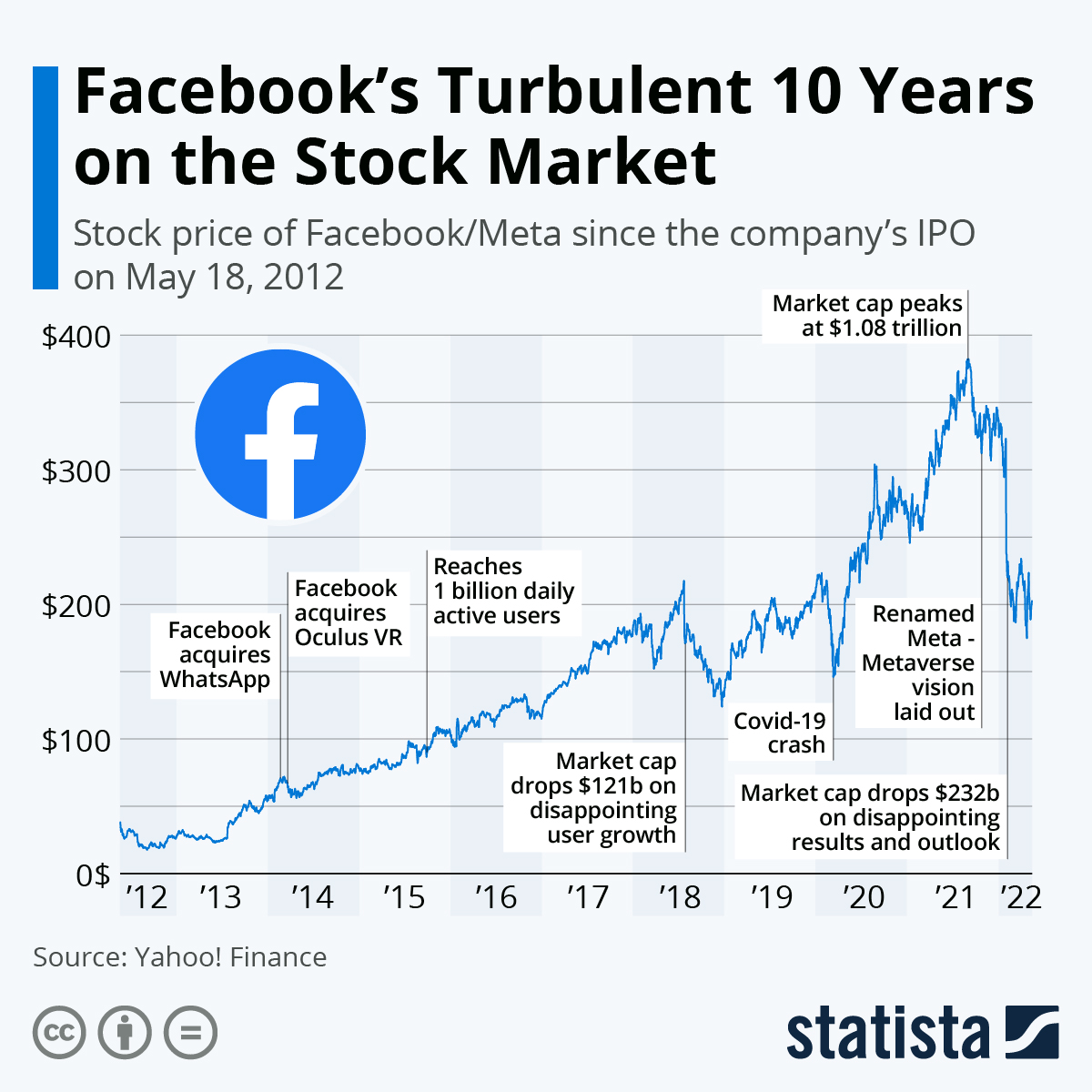
Investing now in dow futures is like gambling. If a color wins, you get a huge payout. Unlike stocks, dow futures are not calculated using a weighted arithmetic average. Up until the Dow closes, it is impossible to predict which stock will dominate. And you can lose your money just as easily. If you play your cards correctly, however, you can reap the rewards.
Trades in Dow futures are like placing a color bet at roulette
As with any investment, trading Dow futures involves risk and uncertainty. The final settlement date will determine the DJIA's price. You must correct the mistake and pay the other party as per the DJIA's value. The person selling futures makes money if the index is down while the one buying it makes profit when it goes up. The futures market is not suitable for beginners. It should be used only by experienced investors who have been successful for many years.

If you are uncertain about the exact amount of your investment, try a chart or using stock calculators. A Dow futures agreement is equal to ten times the size of DJIA. Its value is $250,000 if you place a bet of five dollars on the DJIA. The amount you earn will depend on the multiplier you use.
Payouts can be steep
Dow futures trading today is a great way for you to be in the action before the market opens. Dow futures will open an hour prior to the market, at 8.20 a.m. et central time. If you have the funds, these can be very lucrative. You should know that these payouts can be very high and not for everyone. You should only invest in this type of investment if you are comfortable taking a big risk.
Trading Dow futures is similar to betting on roulette. You're betting the DJIA's value. After you pick your numbers, the contract will settle. If you're wrong you'll owe your counterpart the difference of the Dow's price. You make money if the Dow index goes up. If it falls, you lose money.
Dow futures cannot be calculated using a weighted average arithmetic.
If you are new to the world stock, you might be wondering why Dow futures don't use a "weighted Arithmetic Average" calculation. It is important to understand that the Dow Jones Industrial Average's (DJIA), a price weighted index, has a higher impact on the index value than stocks of lower prices. In addition, the method of calculation of the index has evolved over time to account for mergers and acquisitions and stock splits, which are intended to be a comprehensive measure of the US economy.

The Dow calculations operate in the same way. For every change in price of any individual stock within its index, the index's value changes by a certain amount. In other words, the index's value changes by a given amount for every change in each stock's price. This calculation can be used to determine how the market performs in a particular sector. The DJIA is also used to determine the value of a stock. There are many situations that can impact the DJIA.
FAQ
How do I invest in the stock market?
Through brokers, you can purchase or sell securities. A broker sells or buys securities for clients. When you trade securities, you pay brokerage commissions.
Banks are more likely to charge brokers higher fees than brokers. Banks offer better rates than brokers because they don’t make any money from selling securities.
To invest in stocks, an account must be opened at a bank/broker.
A broker will inform you of the cost to purchase or sell securities. This fee is based upon the size of each transaction.
Ask your broker:
-
You must deposit a minimum amount to begin trading
-
whether there are additional charges if you close your position before expiration
-
what happens if you lose more than $5,000 in one day
-
How long can positions be held without tax?
-
What you can borrow from your portfolio
-
How you can transfer funds from one account to another
-
How long it takes transactions to settle
-
The best way for you to buy or trade securities
-
how to avoid fraud
-
How to get help for those who need it
-
whether you can stop trading at any time
-
How to report trades to government
-
Reports that you must file with the SEC
-
Do you have to keep records about your transactions?
-
What requirements are there to register with SEC
-
What is registration?
-
How does this affect me?
-
Who is required to register?
-
What time do I need register?
What is the role and function of the Securities and Exchange Commission
SEC regulates securities brokers, investment companies and securities exchanges. It also enforces federal securities law.
What is security in a stock?
Security is an investment instrument that's value depends on another company. It can be issued by a corporation (e.g. shares), government (e.g. bonds), or another entity (e.g. preferred stocks). The issuer promises to pay dividends to shareholders, repay debt obligations to creditors, or return capital to investors if the underlying asset declines in value.
How are share prices set?
Investors who seek a return for their investments set the share price. They want to make money from the company. They buy shares at a fixed price. The investor will make more profit if shares go up. If the share value falls, the investor loses his money.
An investor's primary goal is to make money. This is why they invest into companies. It allows them to make a lot.
Is stock marketable security a possibility?
Stock is an investment vehicle that allows investors to purchase shares of company stock to make money. This is done through a brokerage that sells stocks and bonds.
You can also invest in mutual funds or individual stocks. There are more mutual fund options than you might think.
The main difference between these two methods is the way you make money. Direct investment earns you income from dividends that are paid by the company. Stock trading trades stocks and bonds to make a profit.
In both cases, you are purchasing ownership in a business or corporation. However, if you own a percentage of a company you are a shareholder. The company's earnings determine how much you get dividends.
Stock trading gives you the option to either short-sell (borrow a stock) and hope it drops below your cost or go long-term by holding onto the shares, hoping that their value increases.
There are three types stock trades: put, call and exchange-traded funds. Call and put options give you the right to buy or sell a particular stock at a set price within a specified time period. ETFs, which track a collection of stocks, are very similar to mutual funds.
Stock trading is very popular since it allows investors participate in the growth and management of companies without having to manage their day-today operations.
Stock trading can be a difficult job that requires extensive planning and study. However, it can bring you great returns if done well. You will need to know the basics of accounting, finance, and economics if you want to follow this career path.
Statistics
- For instance, an individual or entity that owns 100,000 shares of a company with one million outstanding shares would have a 10% ownership stake. (investopedia.com)
- Even if you find talent for trading stocks, allocating more than 10% of your portfolio to an individual stock can expose your savings to too much volatility. (nerdwallet.com)
- US resident who opens a new IBKR Pro individual or joint account receives a 0.25% rate reduction on margin loans. (nerdwallet.com)
- Ratchet down that 10% if you don't yet have a healthy emergency fund and 10% to 15% of your income funneled into a retirement savings account. (nerdwallet.com)
External Links
How To
How to make your trading plan
A trading plan helps you manage your money effectively. It helps you understand your financial situation and goals.
Before creating a trading plan, it is important to consider your goals. You might want to save money, earn income, or spend less. If you're saving money, you might decide to invest in shares or bonds. If you earn interest, you can put it in a savings account or get a house. Maybe you'd rather spend less and go on holiday, or buy something nice.
Once you know what you want to do with your money, you'll need to work out how much you have to start with. It depends on where you live, and whether or not you have debts. It's also important to think about how much you make every week or month. The amount you take home after tax is called your income.
Next, you need to make sure that you have enough money to cover your expenses. These expenses include rent, food, travel, bills and any other costs you may have to pay. Your total monthly expenses will include all of these.
The last thing you need to do is figure out your net disposable income at the end. This is your net income.
Now you've got everything you need to work out how to use your money most efficiently.
To get started with a basic trading strategy, you can download one from the Internet. You could also ask someone who is familiar with investing to guide you in building one.
Here's an example: This simple spreadsheet can be opened in Microsoft Excel.
This graph shows your total income and expenditures so far. This includes your current bank balance, as well an investment portfolio.
And here's a second example. A financial planner has designed this one.
It will let you know how to calculate how much risk to take.
Remember: don't try to predict the future. Instead, put your focus on the present and how you can use it wisely.